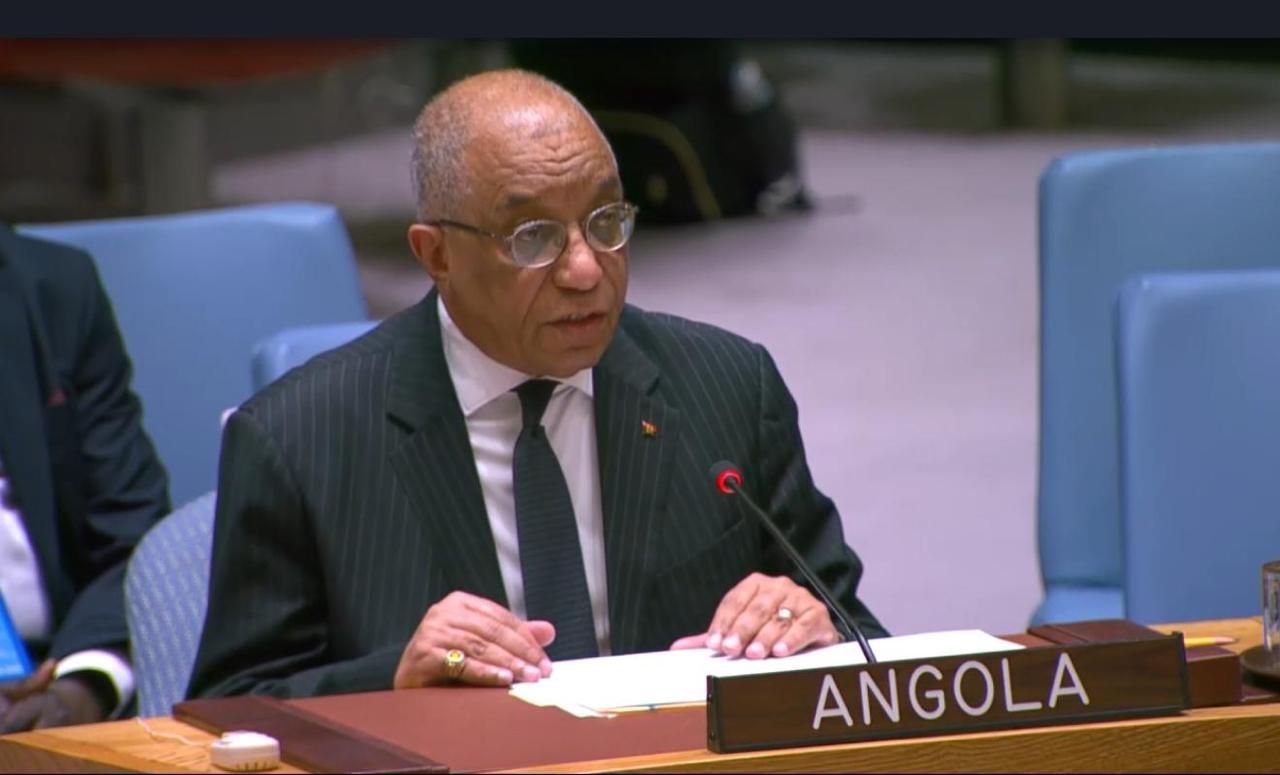Africa-Press – Angola. Angola’s Permanent Representative to the United Nations, Francisco José da Cruz, recently deplored the “unacceptable difference” of 33 years in life expectancy among countries.
Speaking at the UN High-Level Interactive Dialogue on the Social, Economic, and Environmental Determinants of Health in New York on Friday, the Angolan diplomat acknowledged that while many factors contribute to global health outcomes, the fundamental reality is that “health systems are only as strong as the social, economic, and environmental conditions that sustain them.”
According to a press release from the Permanent Mission of Angola to the United Nations, Ambassador Francisco da Cruz noted that nearly 70% of workers worldwide do not have access to sick leave, despite clear evidence that it is essential for good health.
The diplomat added that 23% of global deaths can be attributed to environmental factors, the majority of which are linked to chronic non communicable diseases. Given this scenario, he acknowledged that providing quality medical care becomes even more challenging when critical determinants of health impede progress.
He emphasized that “in efforts to achieve universal health coverage
for all, we must remember that health doesn’t begin in hospitals.
The ambassador highlighted that all determinants of health must be addressed, whether in the operating room, the boardroom, or the classroom, emphasizing that “we must confront the deeper structural forces that shape our health and well-being.”
The diplomat highlighted the growing impact of climate change and natural disasters, the lack of adequate nutrition in local communities, labor and governance systems that fail to prioritize the health and well-being of workers, and the worsening income inequality crisis as factors that unbalance the determinants of health.
He also stated that children from low-income families are among the most affected*, suffering from limited access to the prevention, diagnosis, and treatment necessary to ensure their health.
The opening session also featured a pre-recorded statement by the Director-General of the World Health Organization (WHO), Tedros Adhanom Ghebreyesus, and a speech by the Permanent Representative of Brazil to the UN, Sérgio França Danese,in his capacity as Chair of the Foreign Policy and Global Health Initiative.
The initiative aims to establish a strategic roadmap to address health inequalities and strengthen the resilience of health systems globally, especially after the lessons learned from the COVID-19 pandemic.
Angola holds one of the vice-presidencies of the 79th Session of the United Nations General Assembly, chaired by Ambassador Philémon Yang of Cameroon.
For More News And Analysis About Angola Follow Africa-Press






